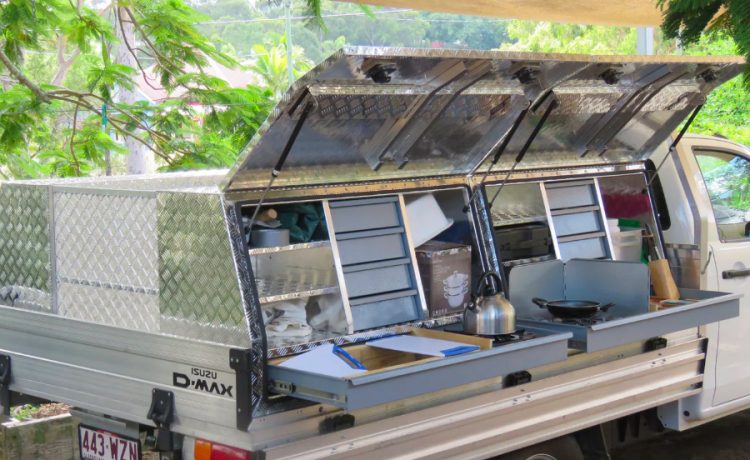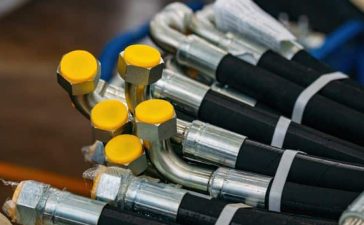Toolboxes are not only valuable for individual use but also play a significant role in commercial settings. In industries such as construction, manufacturing, maintenance, and service, the use of toolboxes provides numerous benefits that contribute to efficiency, organization, and safety in the workplace. These portable storage solutions offer convenience and functionality, allowing businesses to streamline their operations and optimize productivity.
Choosing the Right Toolbox: Factors to Consider
One of the primary benefits of toolboxes in commercial settings is their ability to promote efficiency. In industries where time is of the essence, having tools readily available and organized is crucial. Toolboxes provide designated compartments and drawers that allow workers to quickly locate and access the tools they need. This eliminates the time wasted searching for tools or making unnecessary trips to a central tool storage area. With tools organized and within arm’s reach, workers can complete tasks more efficiently, minimizing downtime and maximizing productivity.

The organization is another key advantage offered by toolboxes in commercial environments. In fast-paced industries, maintaining an organized workspace is essential for smooth operations. Toolboxes enable workers to keep tools neatly arranged, preventing them from getting lost or misplaced. With specific slots or compartments for each tool, workers can easily identify and return tools to their proper place after use, Magnum MFG. This organized approach not only saves time but also minimizes the risk of tools being left behind or forgotten, reducing the chances of accidents or delays.
Innovative Features: Going Beyond Basic Storage
Toolboxes also contribute to workplace safety in commercial settings. In industries that involve working with tools and equipment, safety is a top priority. Toolboxes provide a secure storage solution for sharp tools and potentially hazardous equipment. By keeping tools stored away when not in use, the risk of injuries from accidental contact or tripping hazards is significantly reduced. Additionally, some toolboxes feature locking mechanisms or the ability to be securely fastened, ensuring that tools are inaccessible to unauthorized individuals, further enhancing safety and preventing theft.
Furthermore, toolboxes enhance the longevity and maintenance of tools in commercial environments. Tools are valuable assets for businesses, and proper care is necessary to ensure their durability and functionality. Toolboxes protect against dust, moisture, and impacts, safeguarding tools from potential damage or wear. With toolboxes, tools are less prone to being exposed to harsh environments or accidental drops, extending their lifespan and reducing the need for frequent repairs or replacements. This, in turn, translates to cost savings for businesses in the long run.
Another significant benefit of toolboxes for commercial purposes is their portability. Many toolboxes are designed with handles, wheels, or other features that facilitate easy transportation. This mobility allows workers to bring their tools to different job sites or work areas within a facility without the hassle of carrying individual tools separately. With tools conveniently stored in a toolbox, workers can move efficiently, minimizing the time and effort required to access the necessary equipment for each task. This portability ensures that workers have the right tools readily available, promoting workflow continuity and eliminating unnecessary interruptions.












